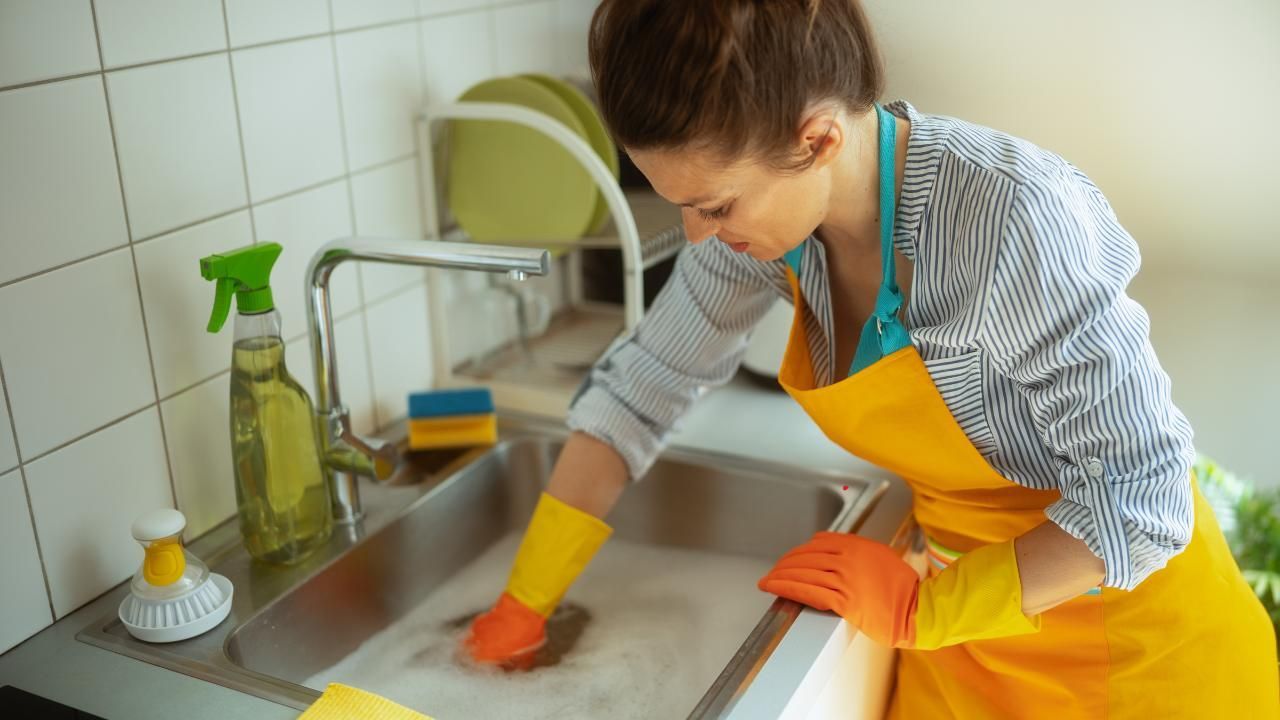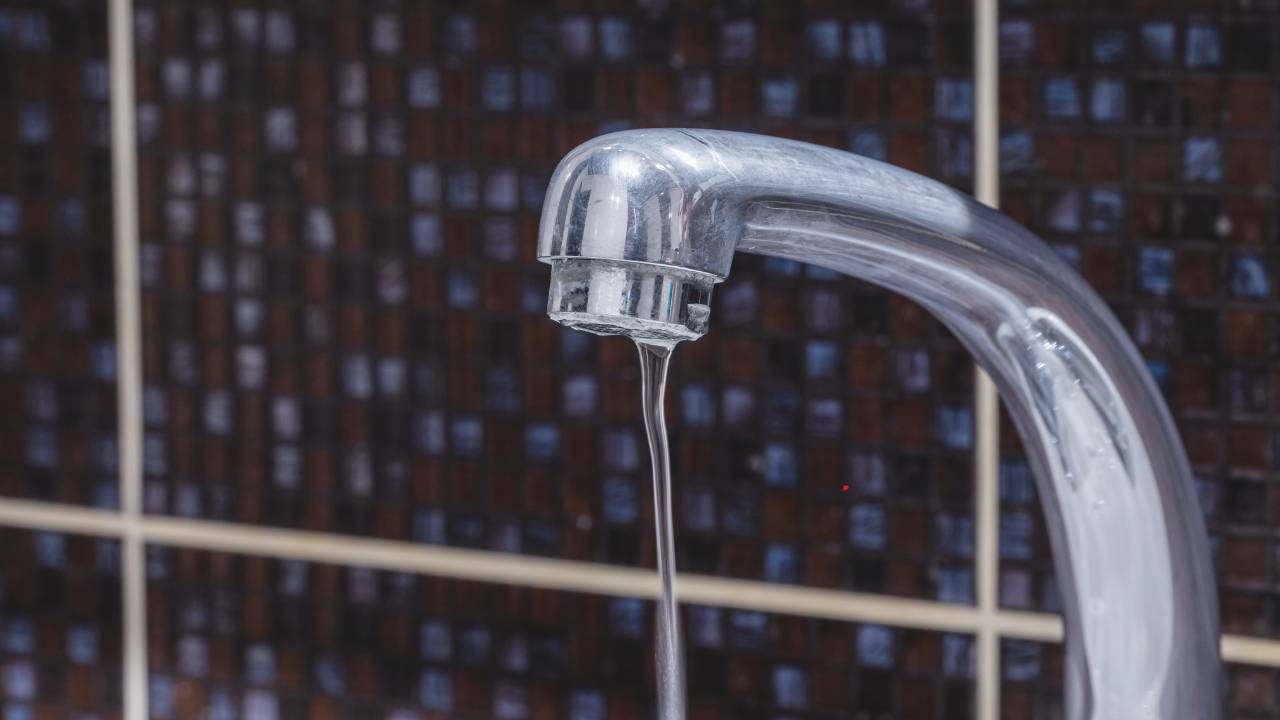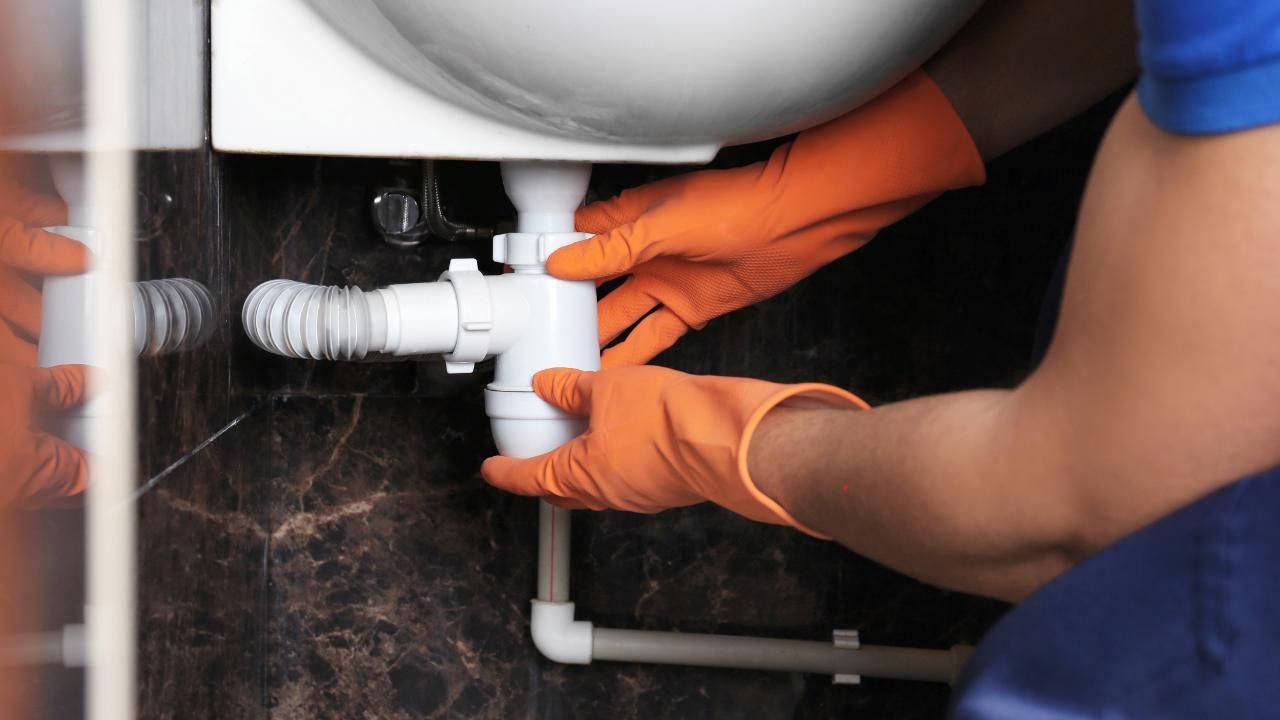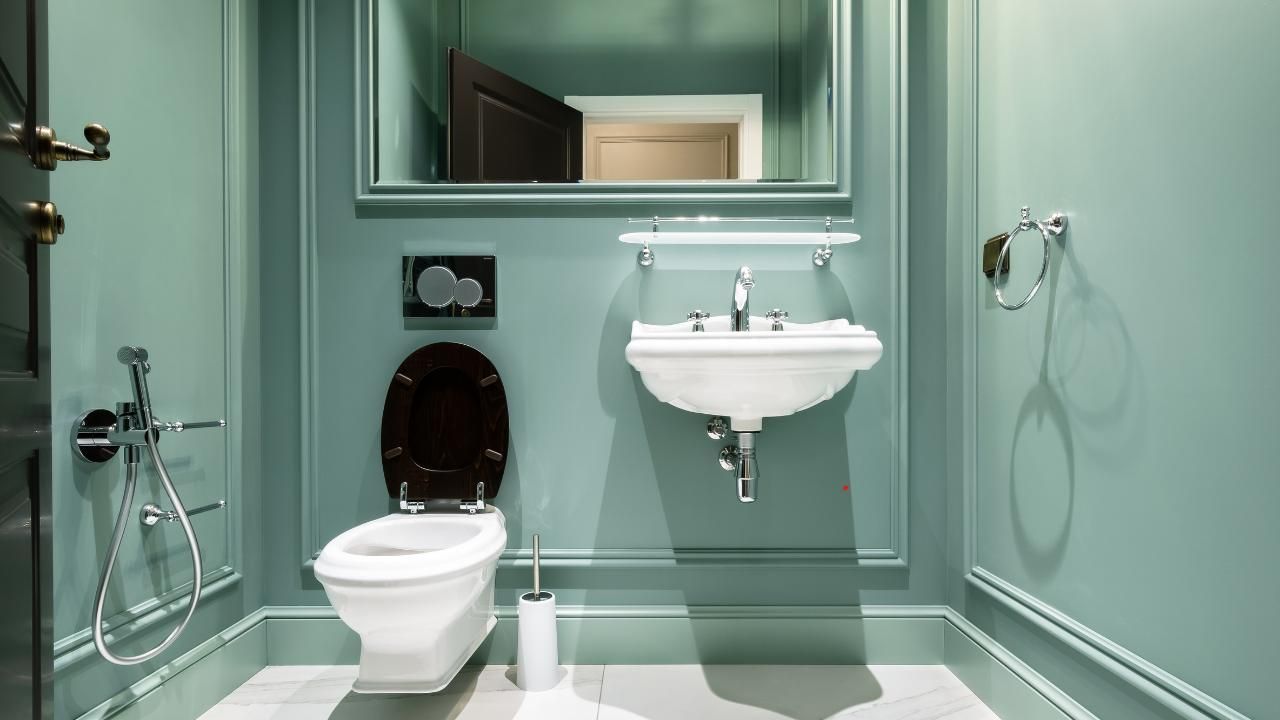Why Does My Kitchen Sink Keep Clogging? Top Causes Explained

Few household frustrations are as common—and annoying—as a kitchen sink that just won’t drain properly. What starts as a slow trickle can quickly become a stubborn backup, leaving you with standing water and greasy dishes. Many homeowners turn to emergency plumbing service Commerce City CO provider for fast relief, especially when repeated DIY efforts fail. Companies like Fast Trak Plumbing and Drain often point out that most cases of a kitchen sink clog stem from the same preventable issues.
In this article, we’ll break down the top reasons your kitchen sink keeps clogging and what you can do to stop the cycle for good.
1. Grease and Oils Going Down the Drain
One of the most notorious culprits is grease. Cooking oils, bacon fat, butter, and even salad dressings harden as they cool, sticking to the sides of your pipes. Over time, this residue builds into a sticky blockage that traps food particles.
How to prevent it:
- Never pour grease directly into your sink.
- Collect used oil in a heat-safe container and dispose of it in the trash.
- Run hot water with a small amount of dish soap after washing greasy pans to help break down any residue.
2. Food Scraps and Fibrous Waste
Even with a garbage disposal, not everything belongs in the sink. Foods like potato peels, coffee grounds, eggshells, and fibrous veggies (celery, corn husks, onion skins) don’t break down easily. Instead, they wrap around the blades or clump together, creating a stubborn clog.
Prevention tip:
- Use a sink strainer to catch debris before it enters your pipes.
- Always scrape plates into the trash before rinsing.
3. Soap Scum and Hard Water Buildup
If you live in an area with hard water, your pipes may accumulate mineral deposits over time. Add in soap residue, and you get a gritty film that narrows your pipes. The reduced space slows drainage and increases the chance of clogs forming.
Maintenance solution:
- Flush your sink drains monthly with a mixture of hot water, vinegar, and baking soda.
- Consider installing a water softener if mineral buildup is a recurring issue.
4. Foreign Objects and Non-Food Items
Sometimes clogs happen because something slipped into the sink that shouldn’t have—small utensils, paper towels, or even packaging. These objects can wedge tightly into your pipes, blocking water flow completely.
Prevention tip:
- Always check your sink before running water.
- Remind kids and guests not to toss anything but water and rinsed food particles down the drain.
5. Pipe and Plumbing Issues
Older homes often have pipes that are corroded or incorrectly installed. Sagging pipes create low spots where water and waste settle, encouraging clogs. In some cases, tree roots outside your home can even invade underground drain lines.
When to call a pro:
If your sink clogs repeatedly despite careful use, the problem may be beyond the drain trap. That’s when a plumber should inspect your system to rule out deeper blockages or pipe damage.
Quick Case Study
A family in Commerce City had a sink that clogged every other week, despite using a garbage disposal carefully. After calling a plumber, the inspection revealed an old pipe section with years of hardened grease and calcium buildup. A simple pipe replacement solved the problem permanently. The homeowners now maintain their pipes by flushing them monthly with hot water and vinegar—no clogs since.
Final Thoughts
Clogged sinks aren’t just inconvenient—they’re usually a sign of habits or plumbing issues that need attention. By avoiding grease, food scraps, and non-food waste, you can reduce most clogs on your own. But when the problem keeps coming back, don’t wait—get a professional inspection to ensure your plumbing is in good shape.
Don’t let your kitchen sink slow down your daily routine. Contact a trusted local plumber today and put an end to stubborn clogs once and for all.




